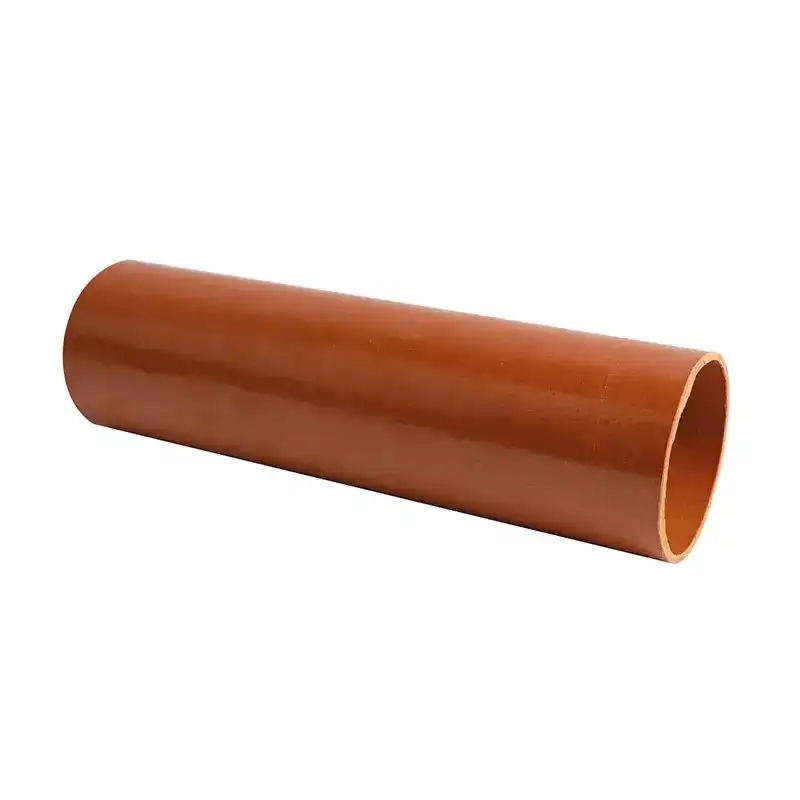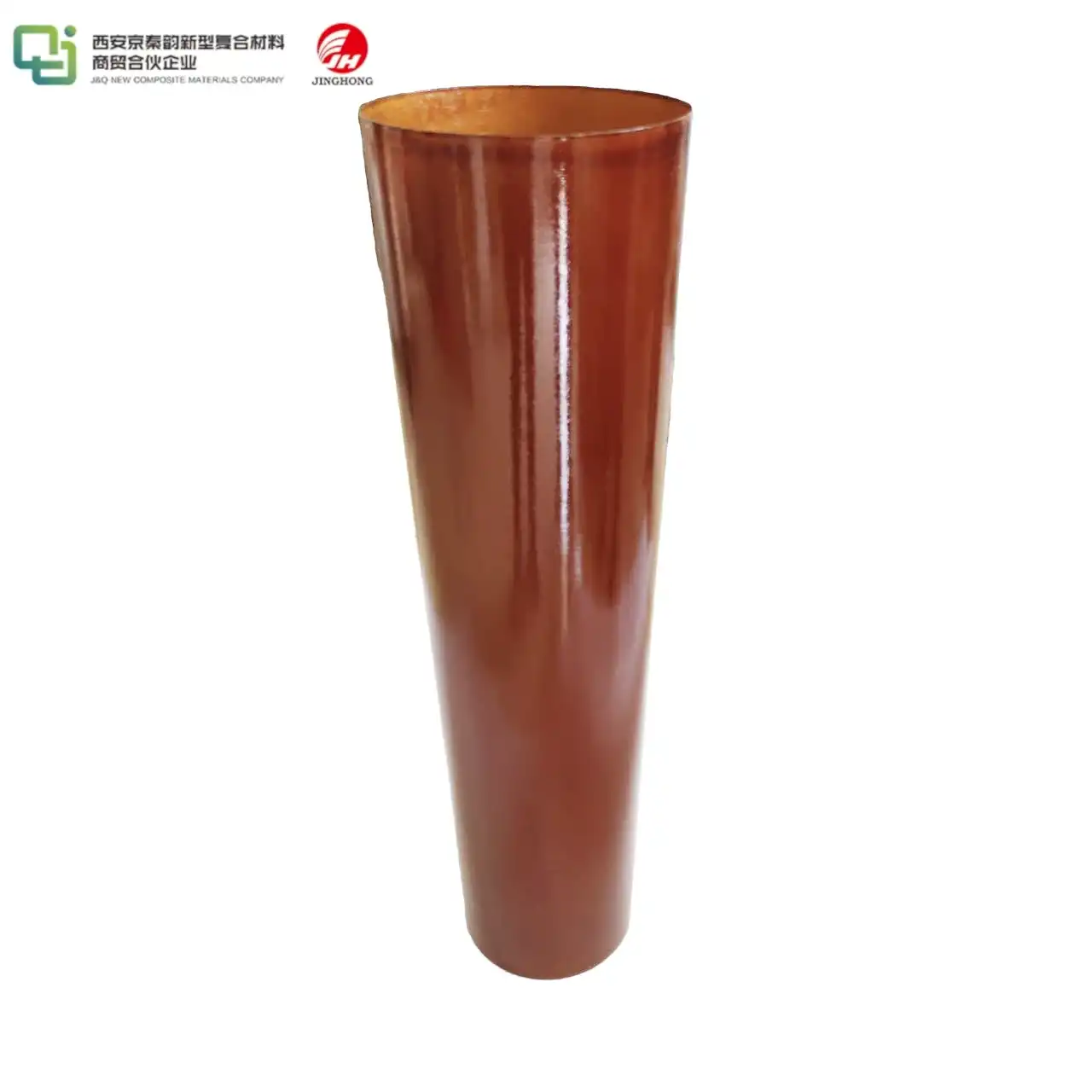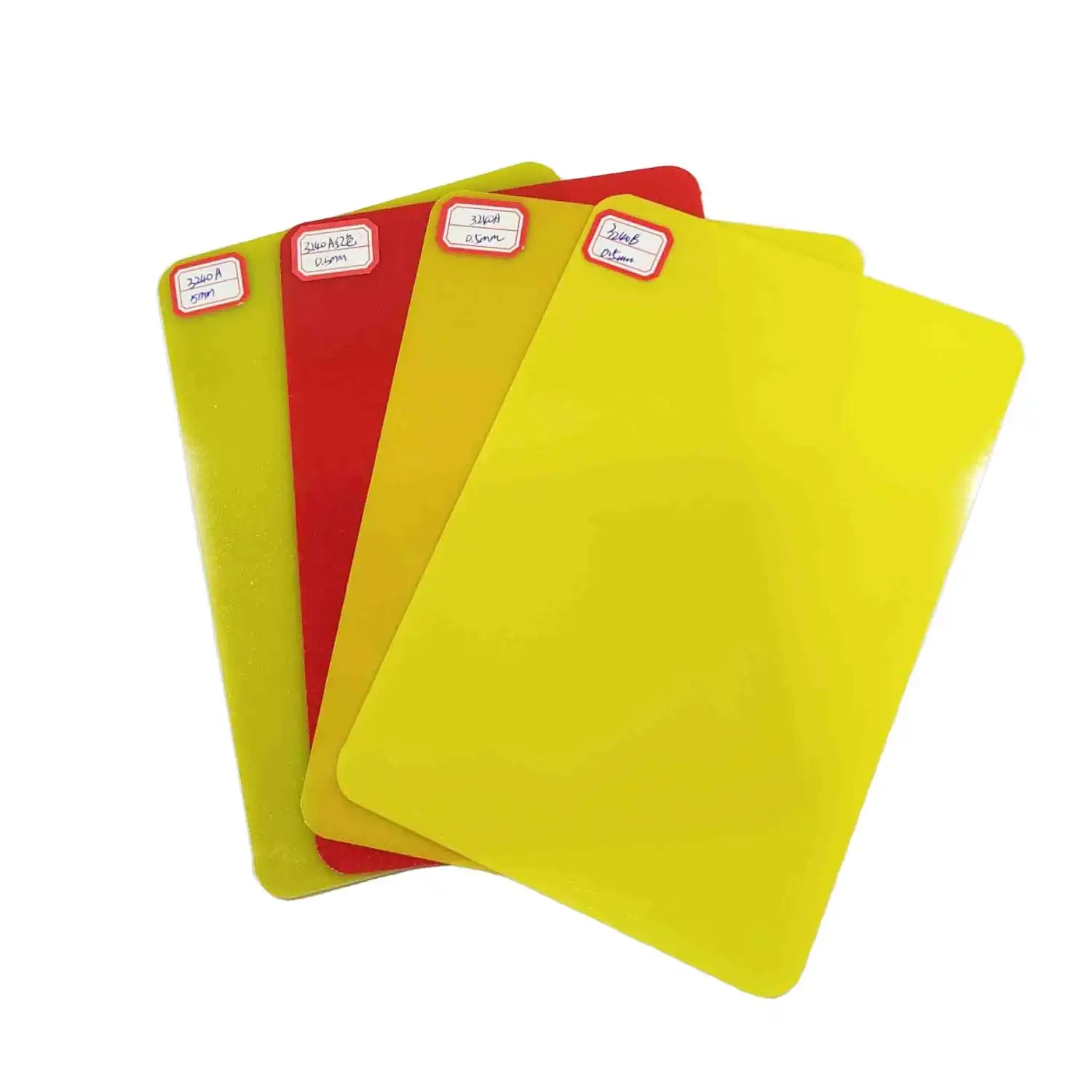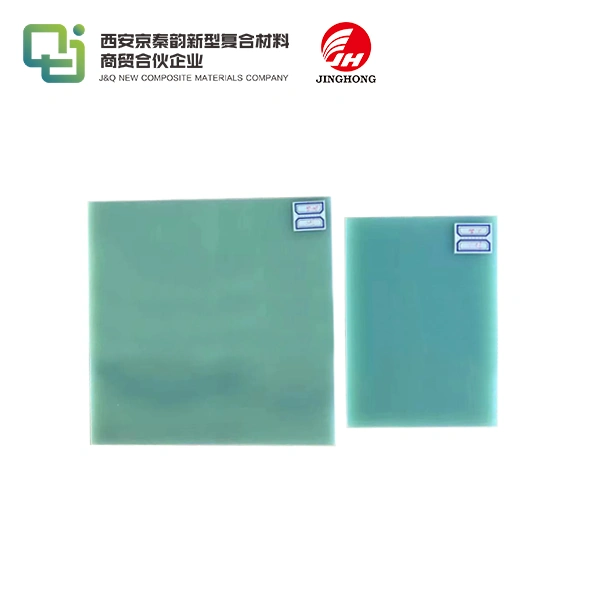3026 Phenolic Cotton Cloth Laminated Sheet Testing and Quality Control
2025-03-06 17:30:43
When it comes to ensuring the reliability of the 3026 phenolic cotton cloth laminated sheet, rigorous testing and quality control processes are vital. This insulating material, known for its durability and electrical resistance, undergoes various assessments to meet industry standards. Tests evaluate mechanical strength, thermal stability, and dielectric properties, guaranteeing performance in demanding applications. Quality control involves inspecting raw materials, monitoring production, and verifying compliance with global benchmarks. With over two decades of expertise in manufacturing insulating sheets and a decade in foreign trade, J&Q ensures every 3026 phenolic cotton cloth laminated sheet meets stringent requirements, delivering dependable solutions to customers worldwide.
Understanding the 3026 Phenolic Cotton Cloth Laminated Sheet
Composition and Properties
The 3026 phenolic cotton cloth laminated sheet is crafted by impregnating cotton fabric with phenolic resin, creating a robust, layered material. This composition yields exceptional mechanical strength, making it ideal for applications requiring resilience. Its dielectric properties provide excellent electrical insulation, while thermal stability allows it to withstand elevated temperatures without degrading. These attributes make the sheet suitable for industries like electrical engineering and manufacturing, where reliability is paramount. Understanding these characteristics helps manufacturers tailor testing protocols to assess performance under real-world conditions, ensuring consistent quality.
Applications Across Industries
This laminated sheet finds use in diverse sectors, from electrical insulation in transformers to structural components in machinery. Its ability to resist wear and tear suits it for gears, bearings, and other high-stress parts. In electronics, the 3026 phenolic cotton cloth lamented sheet protects circuits from short-circuiting, enhancing device longevity. Global manufacturers rely on this material for its versatility, adapting it to various specifications. Recognizing these applications underscores the importance of thorough testing and quality control, as each use case demands specific performance criteria.
Importance of Quality Assurance
Quality assurance is the backbone of producing reliable insulating materials. For the 3026 phenolic cotton cloth laminated sheet, this involves verifying raw material integrity, monitoring production processes, and conducting post-manufacturing tests. Ensuring compliance with international standards builds trust with customers, reinforcing the material's reputation. J&Q, with years of experience, prioritizes quality at every stage, collaborating with trading partners to deliver consistent products. This commitment to excellence not only enhances performance but also strengthens market presence, making quality assurance a critical aspect of manufacturing.

Testing Methods for 3026 Phenolic Cotton Cloth Laminated Sheet
Mechanical Strength Assessments
Evaluating mechanical strength ensures the 3026 phenolic cotton cloth laminated sheet can endure physical stress. Tensile strength tests measure its ability to resist pulling forces, while flexural strength assessments determine flexibility under load. Impact resistance tests gauge durability against sudden shocks, simulating real-world conditions. These evaluations help manufacturers identify weaknesses, ensuring the material meets application-specific requirements. By conducting these tests, J&Q guarantees that each sheet delivers robust performance, supporting industries that rely on durable insulating materials.
Thermal and Electrical Performance Tests
Thermal stability is crucial for materials exposed to heat, and the 3026 phenolic cotton cloth laminated sheet is no exception. Thermal endurance tests assess its ability to maintain integrity at elevated temperatures, preventing deformation or breakdown. Electrical performance tests, such as dielectric strength evaluations, measure insulation effectiveness, ensuring safety in electrical applications. These assessments verify that the sheet can handle high-voltage environments without compromising performance. Rigorous testing in these areas ensures reliability, meeting the needs of global customers.
Environmental and Durability Evaluations
Environmental factors like humidity and chemical exposure can affect material performance. For the 3026 phenolic cotton cloth laminated sheet, moisture resistance tests evaluate its ability to withstand damp conditions without degrading. Chemical resistance assessments determine compatibility with various substances, ensuring longevity in harsh environments. Durability evaluations, including wear and tear tests, simulate prolonged use, confirming the sheet's lifespan. These tests provide insights into real-world performance, allowing manufacturers to refine production processes and deliver high-quality insulating materials.
Quality Control Processes in Manufacturing
Raw Material Inspection
Quality control begins with inspecting raw materials, as their integrity directly impacts the final product. For the 3026 phenolic cotton cloth laminated sheet, cotton fabric and phenolic resin are tested for consistency and purity. Any deviations, such as impurities or irregularities, are addressed before production begins. This step ensures that only high-quality inputs are used, laying the foundation for a reliable insulating material. J&Q's expertise in sourcing and evaluating materials guarantees that every batch meets stringent standards, supporting consistent performance.
Production Monitoring and Compliance
During manufacturing, continuous monitoring ensures that processes align with established protocols. For the 3026 phenolic cotton cloth laminated sheet, this involves checking impregnation uniformity, curing temperatures, and layering accuracy. Automated systems and skilled technicians work together to detect anomalies, maintaining production quality. Compliance with international standards, such as ISO certifications, is verified at every stage, ensuring global acceptability. This meticulous approach minimizes defects, delivering insulating sheets that meet customer expectations and industry benchmarks.
Post-Production Verification
After manufacturing, the 3026 phenolic cotton cloth laminated sheet undergoes final verification to confirm quality. Random sampling and comprehensive testing assess mechanical, thermal, and electrical properties, ensuring consistency across batches. Dimensional accuracy checks verify that sheets meet specified sizes, while visual inspections identify surface imperfections. These post-production evaluations guarantee that only defect-free products reach customers, reinforcing trust and reliability. J&Q's dedication to thorough verification processes ensures that every sheet delivers optimal performance, supporting diverse applications worldwide.
Conclusion
Ensuring the reliability of the 3026 phenolic cotton cloth laminated sheet requires meticulous testing and quality control. From evaluating mechanical strength and thermal stability to inspecting raw materials and monitoring production, every step contributes to delivering a dependable insulating material. These processes not only meet industry standards but also build trust with global customers, reinforcing the sheet's reputation for durability and performance. J&Q's decades of experience in manufacturing and trading insulating sheets underscore our commitment to excellence, providing solutions that meet diverse needs.
Contact Us
Want to learn more about the 3026 phenolic cotton cloth laminated sheet or discuss your specific requirements? Reach out to our team for expert guidance and tailored solutions. Contact us at: info@jhd-material.com.
References
1. Smith, J. A., & Brown, T. L. (2020). Insulating Materials: Properties and Testing Methods. Industrial Press.
2. Lee, H. K. (2018). Phenolic Resins and Their Applications in Engineering. Materials Science Publications.
3. Kumar, R., & Patel, S. (2019). Quality Control in Composite Material Manufacturing. Engineering Standards Institute.
4. Zhang, Y., & Chen, L. (2021). Electrical Insulation Materials: Testing and Standards. Global Engineering Press.
5. Thompson, M. P. (2017). Durability Testing of Laminated Sheets. Technical Publications Ltd.
6. Davis, R. E., & Wilson, K. (2022). Thermal Stability in Industrial Insulating Materials. Advanced Materials Research Group.







